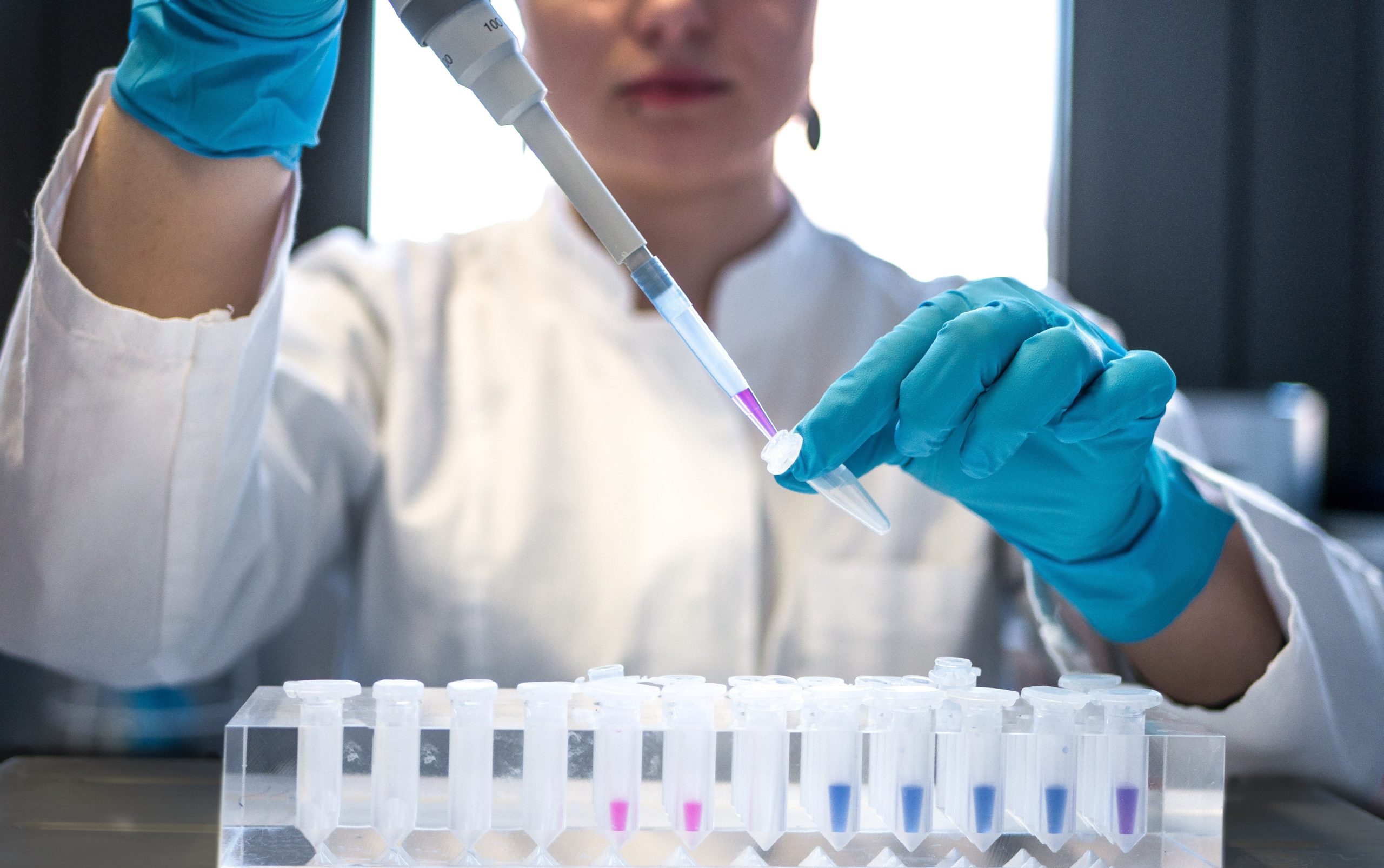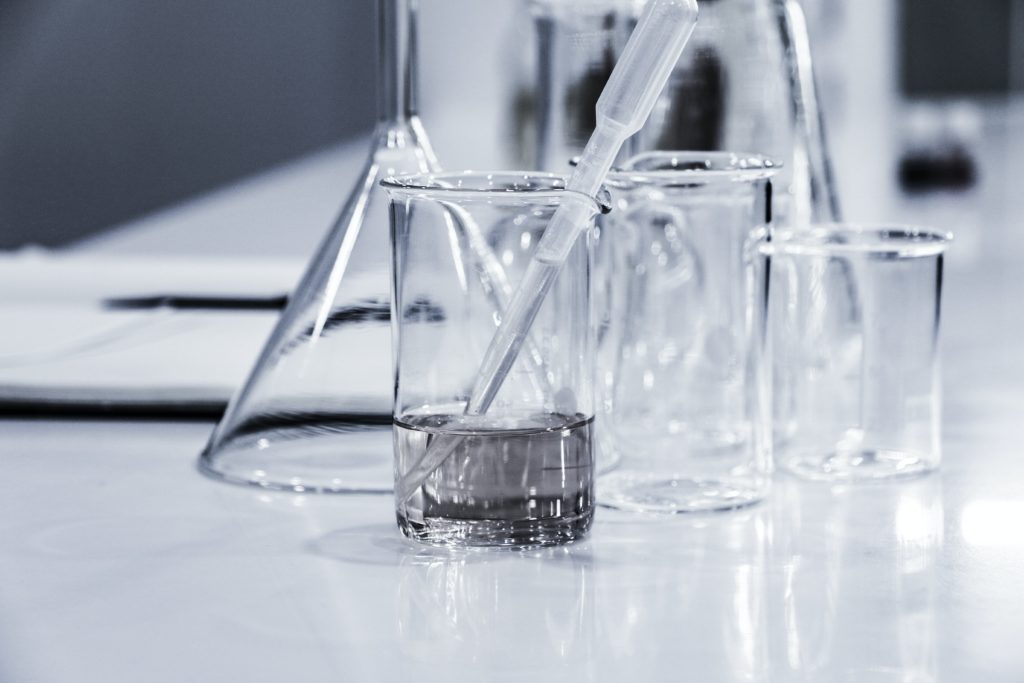Education
Tips to Succeed As A Laboratory Technician
Published
2 years agoon

Credent TV | Once you decide to become a laboratory technician, you need to understand the education requirements and how to succeed in your career. Read on to learn how to succeed in your new career:
Increase Your Knowledge
You have to increase your knowledge to become a lab technician. You will be receiving, processing, and analyzing samples every day. The samples can be chemical products, soil, water, air, human fluid, or human tissue. You will need to increase your knowledge in several areas, such as Microbiology, Biochemistry, Physics, Biology, Chemistry, and Health and Safety Protocol.
Continuous education can not only help you produce reliable test results in medical laboratory jobs. It can also help you become successful in your career.
Technological Skills for Laboratory Technicians
Laboratory technicians use technology to perform tests. So, it is crucial to improve your technological skills. If you do not use technology, then you cannot perform some tests, obtain, and even document and report your results.
You will use a wide range of technology in your career; including laboratory information systems software, computer hardware and software, electronics, and computers.

Develop Your Organizational Skills
You will perform laboratory tests at a workstation. Developing your organization skills can help you correctly prioritize, process, and complete all the paperwork, specimens, and documentation. Do not leave scattered items in your workspace. Why? They can cause confusion. You can even make serious mistakes and get erroneous test results due to your poor organizational skills.
Improve Your Communication Skills
You will work with medical staff and other laboratory technicians. It is, therefore, essential to improve your listening, speaking, and writing skills. You need these skills to explain procedures, accurately document and record test data, communicate with your patients and medical personnel, and convey test results and other findings.
Flexibility
You will work with different people and in different departments and facilities. You might even have to work more hours to meet deadlines. If your lab receives an emergency, you may have to change your priorities for the day. If you are flexible and ready to learn, you are more likely to succeed in your career.
You may like
-


North Korea asserts that the test of a multiple-warhead missile was successful
-


The Student Wing of Congress storms the Exam Body NTA office and locks it from within
-


“During President Murmu’s address to Parliament, PM Modi was shown 73 times, and LoP Rahul Gandhi was shown six times”: Congress
-


NASA contracts Elon Musk’s SpaceX to deorbit the International Space Station in 2023.
-


A Caution For The CBI In The Delhi Court’s Arvind Kejriwal Custody Order
-


Bar Council of India requests that bar associations abstain from demonstrating in opposition to new criminal laws
